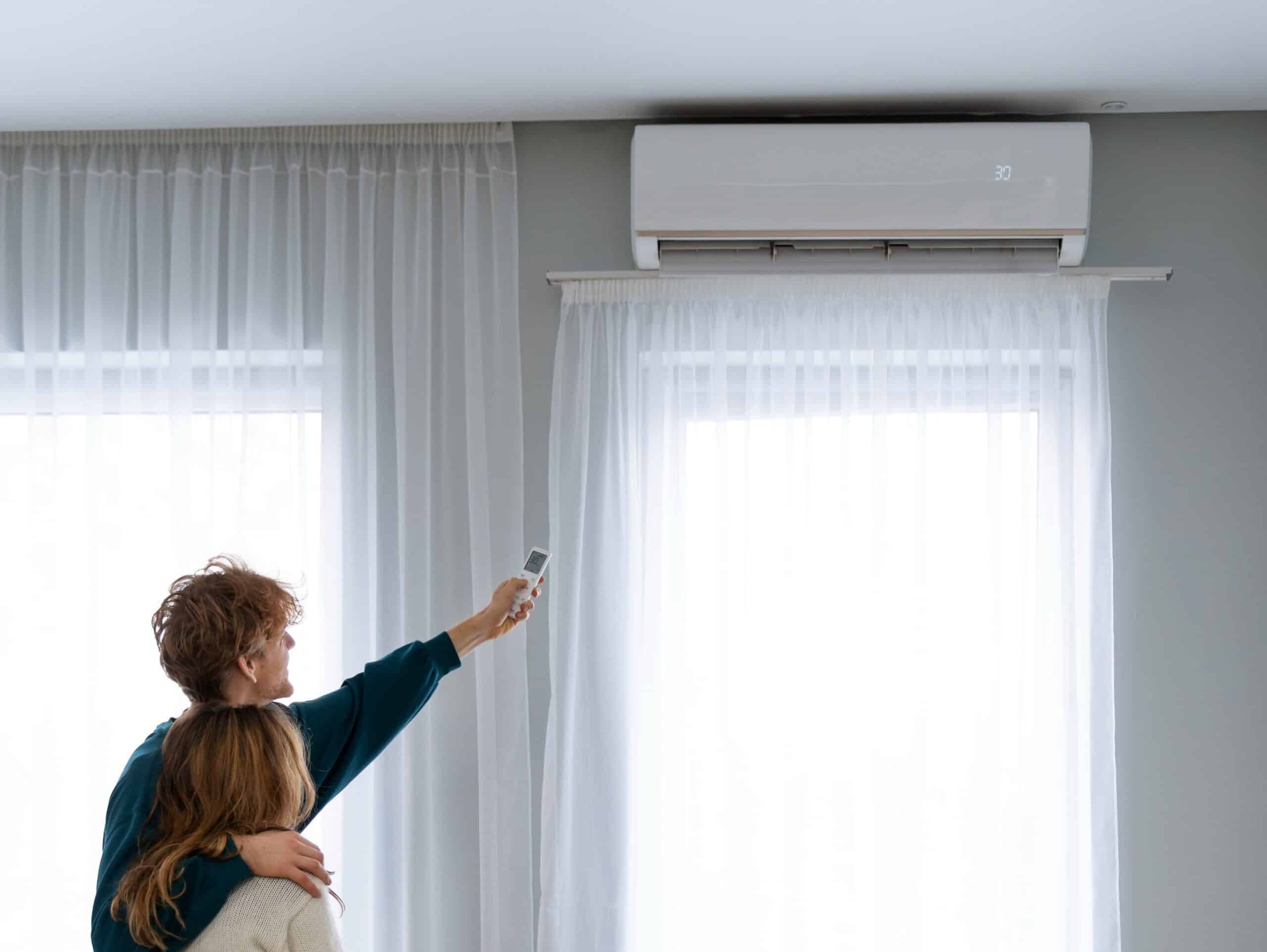Enhance Indoor Air Quality with DMAKS HVAC Expert Help.
Enhance Indoor Air Quality with DMAKS HVAC Expert Help.
Blog Article
Energy-Efficient A/c Systems to Conserve on Utility Expenses
As power prices continue to rise, the relevance of energy-efficient HVAC systems ends up being progressively obvious. These systems not only promise significant cost savings on energy costs however likewise add to a more lasting future by decreasing power consumption. With numerous choices readily available, consisting of geothermal heatpump and ductless mini-splits, residential or commercial property owners face a multitude of options that can boost convenience and air top quality. However, understanding the essential attributes and upkeep needs is vital to maximizing these benefits. What factors should be prioritized when selecting the ideal system for your requirements?
Advantages of Energy-Efficient A/c Equipments
Energy-efficient A/c systems supply numerous advantages that expand past mere expense savings. By taking in less energy, these systems add to lower greenhouse gas exhausts, assisting to combat climate change and promote sustainability.
Furthermore, energy-efficient heating and cooling systems commonly give improved convenience degrees. Most of these systems feature sophisticated modern technology that permits better temperature level control and enhanced air high quality (DMAKS HVAC). This brings about a much healthier interior atmosphere, which is especially essential for individuals with allergies or respiratory concerns
Moreover, purchasing energy-efficient cooling and heating systems can boost home worth. As even more customers prioritize energy efficiency, homes and structures outfitted with these systems may bring in higher quotes in the realty market.
Types of Energy-Efficient Heating And Cooling Options
How can homeowners and businesses choose one of the most appropriate energy-efficient a/c options for their requirements? The market provides a range of energy-efficient cooling and heating systems, each developed to enhance comfort while decreasing energy usage.
One choice is the variable refrigerant circulation (VRF) system, which effectively regulates the temperature in several areas within a building. This system adapts its refrigerant circulation to match the preferred temperature, leading to substantial energy savings.
Another preferred choice is geothermal heatpump, which use the planet's stable temperature to warmth and amazing rooms. By transferring warm to and from the ground, these systems show excellent efficiency, specifically in modest climates.
Furthermore, ductless mini-split systems supply an energy-efficient choice for homes lacking ductwork. These systems enable for zone-specific heating & cooling, decreasing power waste in empty locations.
Finally, high-efficiency furnaces and air conditioners, with innovative SEER and AFUE scores, use reliable climate control while consuming much less power than typical models. By examining these alternatives, house owners and services can pick a HVAC system tailored to their details needs and power performance goals.
Key Features to Consider

Following, investigate the kind of compressor made use of in the system. DMAKS HVAC. Variable-speed compressors can adjust their output to match the home heating or cooling down demand, leading to improved comfort and power financial savings compared to single-speed models. Additionally, seek systems outfitted with wise thermostats that use programmable settings and remote accessibility, enabling for better control over power consumption
Another critical function is the system's air filtration capability. High-efficiency filters can improve interior air top quality and decrease energy consumption by making sure the system runs successfully. Take into consideration the kind of refrigerant used; modern-day systems typically use environmentally friendly cooling agents that have a reduced environmental effect.
Last but not least, ensure that the system is compatible with zoning modern technology, which enables personalized temperature level control in different locations of your home, boosting convenience while minimizing energy use.
Tips for Picking the Right System


Following, take into consideration energy efficiency scores, particularly the Seasonal Energy Efficiency Ratio (SEER) for cooling down systems and the Annual Fuel Use Performance (AFUE) for furnace. Higher ratings suggest better efficiency, which can lead to considerable financial savings on utility expenses gradually.
In addition, assess the kind of heating and cooling system that ideal fits your way of life and budget. Alternatives include central air, ductless mini-splits, and warm pumps, each with its very own set of benefits and drawbacks.
Don't forget the importance of correct setup and sizing; an inaccurately sized system can cause ineffectiveness and increased wear. Seek advice from with a professional A/c service provider to obtain expert suggestions tailored to your home's distinct demands. This thorough strategy will certainly make certain that you select an energy-efficient HVAC system that satisfies your requirements and budget plan efficiently.
Maintenance for Optimum Efficiency
Once the right a/c system is in area, continuous upkeep becomes key to guaranteeing ideal efficiency and longevity. A well-maintained system runs more efficiently, leading to reduced power intake and minimized utility expenses. Normal examinations and tune-ups must be scheduled at the very least twice a year-- when before the air conditioning season and once before the home heating season.

Property owners must likewise be vigilant concerning checking their a/c system's performance. Unusual sounds, rising and look these up fall temperature levels, or raised energy bills can suggest underlying problems that call for prompt attention. By resolving these problems immediately, property owners can avoid expensive repairs and prolong the life-span of their systems.
Spending in an upkeep plan with a certified service technician not only improves effectiveness however also provides satisfaction, recognizing that the system is operating at its finest. DMAKS HVAC. Routine maintenance is consequently necessary for sustaining power performance and lowering general operational costs
Verdict
Finally, energy-efficient cooling and heating systems provide a feasible remedy for decreasing utility expenses while improving comfort and air high quality. By incorporating sophisticated technologies and options such as geothermal warmth pumps and ductless mini-splits, homeowner can achieve significant energy savings and add to ecological sustainability. Mindful consideration of system attributes and recurring upkeep even more makes sure optimum efficiency, making energy-efficient systems a prudent investment for both financial and environmental advantages.
Report this page